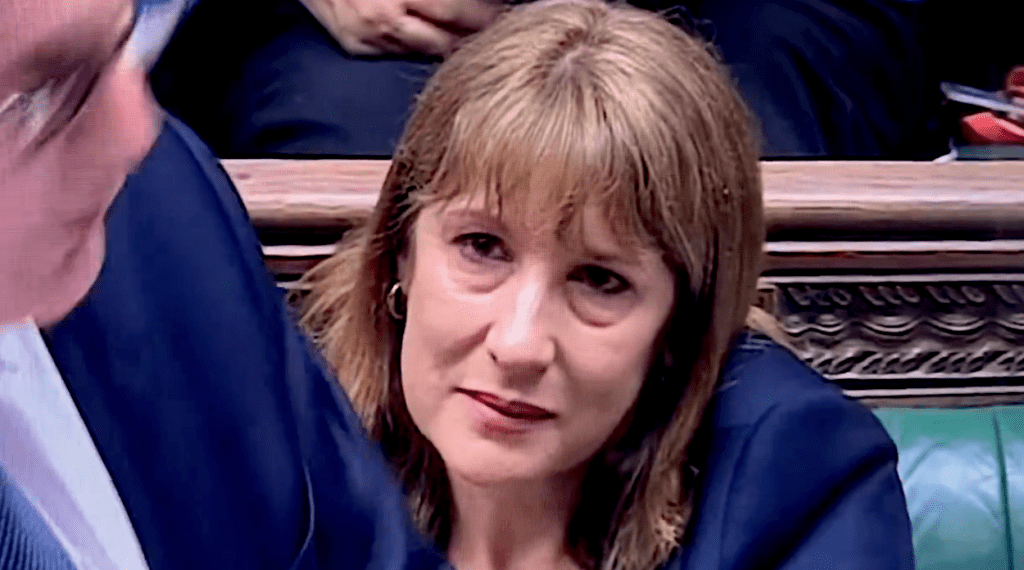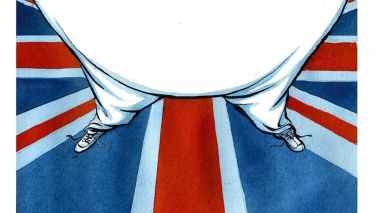Iain MacGregor has narrated this article for you to listen to.
‘We are resolved to destroy Hitler and every vestige of the Nazi regime… Any man or state who fights against Nazism will have our aid.’ These words were spoken by Winston Churchill in a BBC radio broadcast to the nation from Chequers on the evening of 22 June 1941.
Churchill detested Stalin – but he needed him to destroy Hitler
That morning, Operation Barbarossa had begun, with Hitler’s armed forces launching the biggest invasion in modern history into the heart of a country whose very existence Churchill detested: the Soviet Union. This cataclysmic invasion by the Nazi regime, however, created an ally the British leader had never envisioned.
For the previous 22 months, Great Britain’s war with Nazi Germany had not gone well. The countries of western Europe had fallen, one by one, to his seemingly unstoppable armies, forcing Britain to stand alone. Britain held out through the tenacity of the Royal Air Force, which had won the Battle of Britain the summer before, the supremacy of its navy, which was then the largest in the world, and the supply shipments coming across the Atlantic from the United States.
Ironically, Hitler’s mechanised juggernaut had only been able to sweep across Europe in 1940 because of its close ties with the Soviet Union. The signing of the Molotov-Ribbentrop Pact days before Hitler attacked Poland in September 1939 nullified any threat the Führer feared of an attack from the east. He was free to overrun Poland, and then turn his focus west on Britain and France. German panzers and planes ran on Soviet-supplied fuel, transported by train from the Caucasus. So essential was this level of support, it convinced Stalin that the Soviet Union was safe from any attack in the foreseeable future.
Stalin had inherited power from Lenin in the 1920s and held the state in an iron grip through guile and ruthless political violence. He had killed millions of his own citizens even before the German death squads crossed the border. Churchill had been his foe ever since sending British troops to fight against the Bolsheviks in the Russian civil war in 1919. Now, as more than three million German and Axis troops, supported by 3,000 tanks, stormed into Russia along a 1,500-mile frontier, Churchill was offering Stalin a hand of support. He detested him, but he needed him to destroy Hitler. And he needed the United States, led by Franklin D. Roosevelt, to join them.
The tripartite alliance of Churchill, Stalin and Roosevelt would bring all its influence, power and arms to bear to win the war in Europe and the Pacific. Giles Milton’s fascinating new book captures the gestation of this triumvirate: how, beneath the high-powered communications and summits – Tehran in December 1943, Yalta in February 1945 – relationships had to be established, and in some cases repaired, by a key group of diplomats. Some were experienced, others were completely new to the role. Whirling around the big meetings and important decisions were a group of minor characters who would become significant eyewitnesses.
Milton deftly weaves the private correspondence turned up in his research into the big story, showing the work undertaken by allied ambassadors to Moscow: Averell Harriman of the United States, a self-made super-rich rail baron with movie-star looks, and Sir Archibald Kerr, a well-connected career diplomat who at one time had been a suitor of Elizabeth Bowes-Lyon, the future Queen Mother. Other characters who added intrigue and passion included Churchill’s young daughter Mary, his daughter-in-law Pamela, who would go on to have an affair with Harriman, and Pamela’s best friend in Russia, the American ambassador’s own daughter, Kathy. The Stalin Affair offers a scintillating study of international diplomacy amid the horrors of total war, enlivened by human detail.
One of the treasures in this book is a cache of Kathy Harriman’s personal letters which Milton located in the United States. It allows him to bring fresh insight and dramatic pace to a well-trodden episode in the war. There is a good reason why his books get dramatised for television and radio: they are page-turners. This new one is a natural prequel to his Checkmate in Berlin. Anyone wanting to get a full overview of the true nature of the dysfunctional relationship between the Big Three, and the human cost it took to keep the alliance functioning and heading in the right direction, will benefit from reading it.







Comments